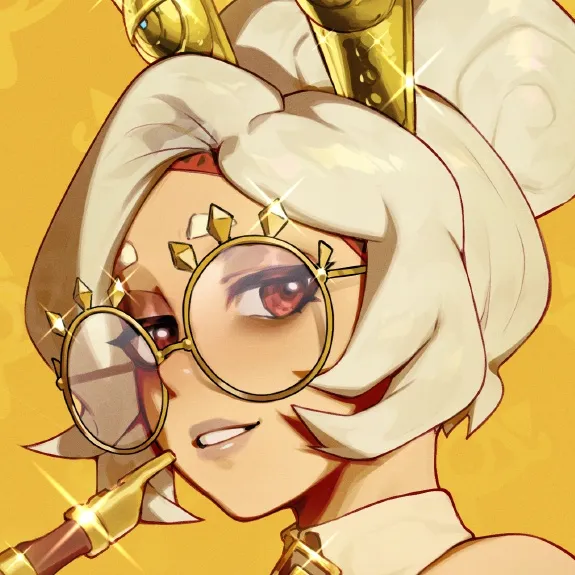Open Game Launcher, a project born out of frustration with DRM
Published on: 2/20/2025
For the past few months, since 2024-12-08, I’ve been working on a project to simplify the process of locally syncing the game saves of any games. Recently I also started buying all my games on GOG instead of steam. Mainly because I’ve been screwed by buying a game with Denuvo (unknowingly) loading it on my Steam Deck for a long trip without internet, only for me to be greeted with a prompt telling me to log into a network to validate my license.
Pirates are getting a better service than a paying customer.
So since I don’t want to pirate my games, I decided to buy them on GOG (to avoid this DRM headache). However, the GOG experience on Linux is far from perfect. You don’t have any real supported client, the closest one we have is the community-made Heroic Games Launcher, which doesn’t work well with a controller.
Since we don’t have a native client, cloud saves are not really present. Again, Heroic Games Launcher does support GOG cloud saves, but it’s really flaky in my personal experience.
Open Game Service
The main reason I started this project was due to the fact that GOG does not have a Linux client for the Galaxy 2.0 app. Because of this, I can’t easily play my GOG games between my main computer and my Steam Deck. This is a BIG issue for me since I frequently swap between both machines.
As a simple solution, I started off with a simple Golang program that would store:
- a list of my installed games
- the save paths for said games
- the list of versions for all the files in said save paths
The program would also connect via SSH to another one of my machines, and store the saves along with their versions there.
I called this program: Open Game Service. While, at the time of writing, it is not yet open sourced, I have plans to open-source all my programs related to this project.
Introducing Open Game Launcher
After about a week or two of using Open Game Service via the CLI, I quickly grew frustrated with the process of setting up new games manually. As a solution, I started working on a desktop app that would scan for installed games, and easily allow me to add them to the Open Game Service database.
This is what I now call the Open Game Launcher (which is also not yet open-source 😋).
Here are some screenshots:




So far here are some features:
- It can detect games installed through
Bottles, and sync their saves with custom remotes
- You can log into your GOG account, list all your owned games (installing games is WIP)
- You can view your
Open Game Service remotes, but you can’t edit them (yet!)
- You can open games
- Saves are synchronized before launching a game and after closing it
- You can edit some
Bottles settings
- Basically full game pad navigation
I also made an icon for it, which was my first time creating an icon.
 I’m pretty proud of how it turned out 😀
I’m pretty proud of how it turned out 😀
If you’ve made it this far, thanks for checking out my blog post. Hopefully someone will read this. In the meantime, I will try to keep posting about my progress !
-Tacocake




